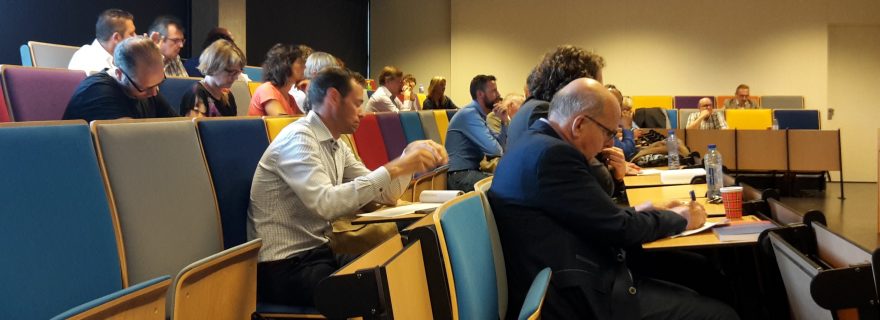Organised crime and corporate crime: a need for higher quality investigation and enforcement
The line between organised crime and corporate crime is not clear. There seems to exist an overlap between these two forms of crime.
We can imagine the conceptual discussion between the two terms of organised crime and corporate crime: at times they evoke images of Hollywood, at other times of current events or scientific investigations. The phenomena tend to be distinguished from one another by the differences in their goals, modus operandi and the types of perpetrators. The Bernie Madoff case appears to be a clear example of corporate crime, but it also bears the hallmarks of a criminal organisation. Other cases prove more hybrid. Checkpoint, a coffeeshop in the city of Terneuzen in the Netherlands, was previously tolerated by the local municipality as an important contributor to the local economy, but nonetheless later prosecuted as a criminal organization for selling drugs. Dutch property fraud was created by collaborating enterprises with criminal intent, sometimes set up for the express purpose of engaging in property fraud. In these cases the distinction between corporate crime and organised crime appears to be mostly artificial. The boundaries between the two concepts continue to fade, which complicate investigation and enforcement. Organised crime uses legal businesses (facilitating smuggle through transport enterprises, insurance companies and banks), but do legal businesses also use organised crime?
Tackling these complex forms of criminality remain difficult. Even though an extensive framework of controls has been deployed, the criminal investigation capacities and expertise, cannot keep up with the criminal realities. They lack the strength to combat it effectively and can often do little more than ‘putting out the fires.’ A strategic approach is lacking, especially for corporate crime, which can do as much damage as organised crime.
The Dutch Rabobank is not prosecuted because it might disrupt the financial markets. Computer manufacturer Apple is such an inherent component of Irish society that the government is willing to appeal against European Union fines. Policy makers may be deterred from moving against them as well because corporations are not afraid to break them through litigation. The result is that corporate crime is still mainly taken care of within organizations, with little to no involvement of the criminal justice system. Deregulation remains the creed and the average citizen does not lose any sleep over it.
The discussion on organized and corporate crime took place on the Erasmus University campus in Rotterdam on the 8th of September 2016, as part of the so-called ‘Cahiers on Campus’ seminar series. Another seminar on 'Exploring corporate crime: lifting the white-collar veil' with Paul Hauspie, in Gent (Belgium) on the 29th of September 2016 (in Dutch).


